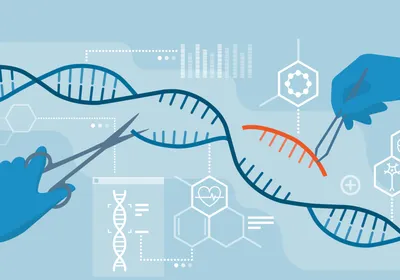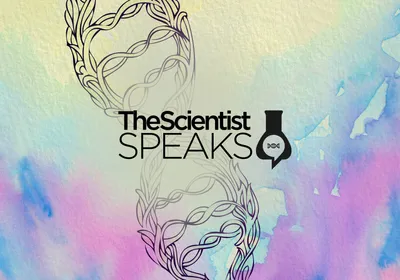 PIXABAY, SARANGIBCrops created by gene editing technologies such as CRISPR should generally be exempt from European Union (EU) regulations governing genetically modified organisms (GMOs), according to a European court advisor. In a legal opinion published last week (January 18), Michal Bobek, advocate general at the Court of Justice of the E.U., responded to calls for clarification from farmers and environmental groups about the rules around plants made by the newer techniques.
PIXABAY, SARANGIBCrops created by gene editing technologies such as CRISPR should generally be exempt from European Union (EU) regulations governing genetically modified organisms (GMOs), according to a European court advisor. In a legal opinion published last week (January 18), Michal Bobek, advocate general at the Court of Justice of the E.U., responded to calls for clarification from farmers and environmental groups about the rules around plants made by the newer techniques.
Unlike transgenic approaches, which involve inserting foreign DNA into an organism, mutagenic techniques usually involve direct editing of native DNA. As Bobek notes in his opinion, “techniques of mutagenesis have evolved over time as a result of scientific progress in biotechnology,” and these methods are increasingly targeted and precise in the edits they make to host genes.
Interpreting legislation passed in 2001 and in the intervening years, Bobek concluded that he did “not see any grounds” to recommend that regulatory laws be updated to include plants produced by mutagenesis under the umbrella of GMOs, according to an accompanying press statement from the Court of Justice of the E.U.
The exemption would allow organisms made by such techniques to sidestep some of the lengthy labeling and ...





















